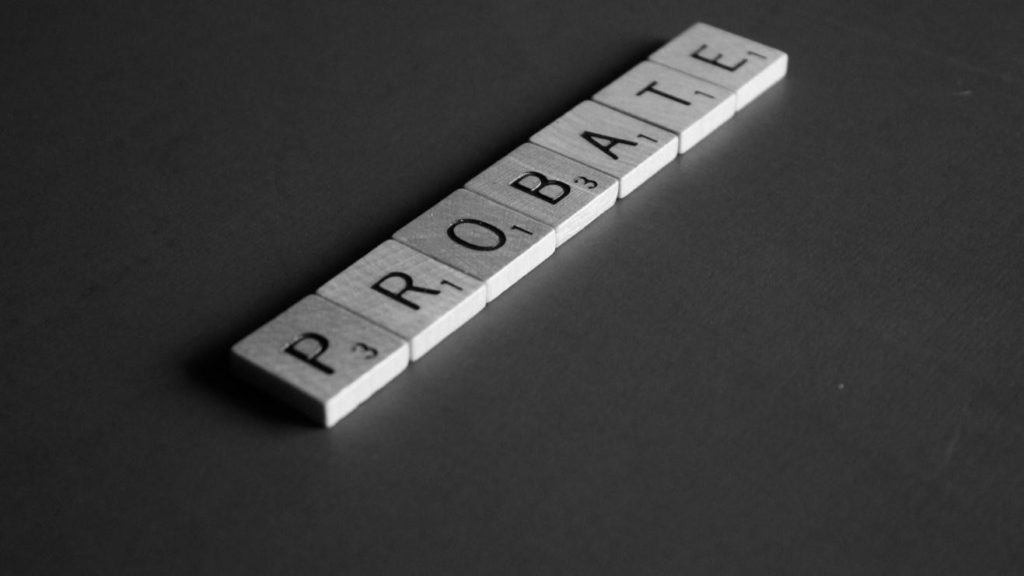When someone dies and the executors of the deceased’s will apply for probate, or relatives apply for letters of administration if there is no will, part of the process is to determine whether any Inheritance Tax (IHT) is due to be paid.
To calculate the inheritance tax value, the deceased’s assets and/or debts need to be identified and confirmed, their estate needs to be valued and this figure needs to be reported to HMRC. However, if the deceased’s estate is valued below the IHT threshold, which is currently £325,000, no tax will need to be paid. But the value still has to be reported to HMRC to confirm nil tax.
If there is tax due, the IHT forms must be completed within one year and the tax must be paid, or part paid, within six months of the date of death. If you’re not a solicitor, it can be difficult to understand how to value an estate for IHT purposes and which forms to complete to report the estate’s value to HMRC. So, let’s look at this in more detail.
Why does a deceased’s estate need to be valued?
There are several reasons why a deceased’s estate must be valued:
- To complete the probate application.
- To determine if IHT is due and if so, how much must be paid to HMRC.
- To determine if any individual assets are subject to Capital Gains Tax (CGT), if they have increased in value since the date of death.
- To ensure any debts are paid before the estate can be distributed correctly and according to the deceased’s wishes.
IHT is paid on the net estate value i.e. after all debts, including funeral expenses, have been deducted and only if it is above the IHT threshold. Once this has been determined, the net inheritance tax value is reported to HMRC to calculate whether any tax is due and, if so, how much.
New regulations were introduced by HMRC in January 2022 that not only simplify the reporting process, but also increase the thresholds. This means that more of a deceased’s estate will be exempt from tax liabilities.
The IHT threshold is currently £325,000, which hasn’t changed. This figure needs to be deducted from the estate’s total value before calculating any tax liability. There may also be other tax exemptions, such as the residence nil rate band tax allowance (it could be double the IHT threshold) if the deceased’s home or some of their estate is bequeathed to their children or grandchildren.
The new changes to threshold limits mean that any part of the estate left to a living spouse or a registered charity is exempt from IHT as long as the estate is valued at less than £3 million. In addition, any assets held in a trust or a lifetime gift (as long as the gift was made seven years prior to death) valued at less than £250,000 are not liable for IHT.
Steps to calculate the inheritance tax value of an estate
There are three main steps that need to be completed to calculate the inheritance tax value of a deceased’s estate.
- Identify the deceased’s assets and/or debts – before you can calculate the estate’s value, and therefore inheritance tax due (if any), a list of all the deceased’s assets, debts, trusts or lifetime gifts must be drawn up. For example, pension and life insurance policies, mortgage payments, business assets, money in bank or building society accounts, property and/or land, furniture, jewellery or artwork, trusts, shares and investments, loans and HP agreements, as well as any outstanding bills. In many cases, some of these details may not be easy to find so you’ll become a bit of a detective. Alternatively, hiring a probate solicitor will help the process and they are also able to write to organisations on your behalf. You will need to submit a copy of the deceased’s death certificate and prove that you have the legal authority, i.e. are the executor or a court appointed representative if there is no will, to request and receive information that is confidential.
- Determine the estimated value of assets – once you have the full and final list, the next step is to determine the open market value of each asset. With insurance policies, mortgage companies, banks, building societies, trusts, shares and investments, loans, outstanding bills and any other creditors, the provider will give you an up-to-date value of the asset or debt. You will also be able to discuss payment terms and get any added interest stopped. For lifetime gifts, the value at the time of gifting is used unless the person receiving the gift benefited from it; then the value at the date of death is required. You will also need to value any joint assets, even if it is being passed on to the living joint owner.
- Having a property and its contents valued – this part of the process is more complicated than the above assets. The value placed on the deceased’s property and/or land as well as the contents must be a realistic selling price should it come to the open market at the time of death. There are two parts to the valuation:
- Ask a local estate agent or surveyor that is experienced in valuing property for inheritance tax purposes to visit and value the property and/or land. The reason you need to ensure they are experienced in providing an IHT valuation is that HMRC will ensure the valuation is examined by the District Valuer Services (DSV) to determine the valuation’s accuracy. If they feel that it is too low or too high, they may request further evidence to support the given valuation.
- Firstly, make a list of the contents, including jewellery, furniture, artwork and cars, then carry out searches online to determine the average value for the items if they were being sold. However, keep in mind that you are comparing used items with new items. For some items that are more expensive, such as jewellery and artwork, it is worth getting a professional valuation. If you feel this is too big a task, a probate solicitor can liaise with a house clearance company to carry out this task for you.
Reporting inheritance tax value to HMRC
Prior to January 2022, estates that required a grant of probate had to complete a full inheritance tax return (IHT400) or if the estate was exempt, a summary inheritance tax return (IHT205).
However, new regulations (after 1st January 2022) mean that representatives of a deceased’s estate that is exempt from IHT, known as excepted estates, and does not require grant of probate don’t have to complete an inheritance tax return.
Instead, the executors (solicitors or representatives of the estate) will need to make a declaration to HMRC to confirm the value of the estate as part of the probate application process. That said, if the deceased’s estate is complex, such as including foreign property, asset trusts in excess of £1 million or several lifetime gifts, a full IHT return will be required.
At Probates Online, we offer a Complete Estate Service to help you through the probate process and estate administration upon the death of a loved one. If you are looking for advice on inheritance tax, gifts or trusts, or need to apply for Grant of Probate, Letters of Administration or would like to take advantage of our entire Estate Administration service, visit our website for more information or contact us today.







